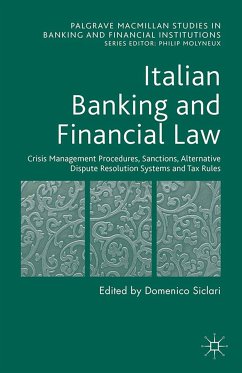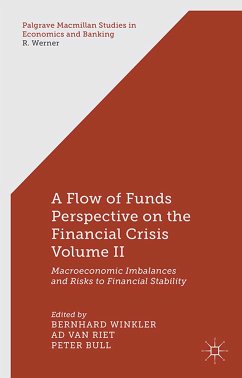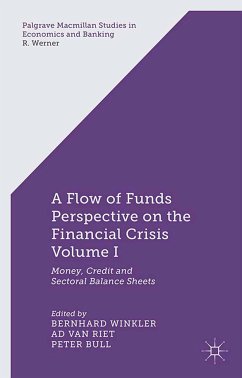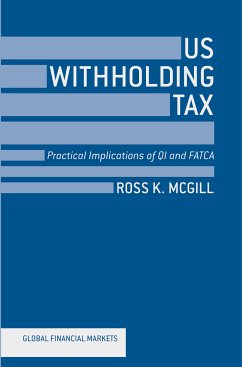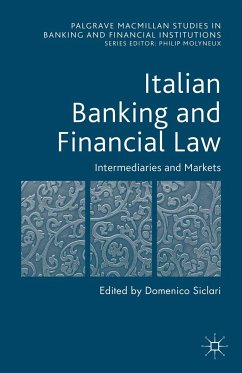
Italian Banking and Financial Law: Intermediaries and Markets (eBook, PDF)
Versandkostenfrei!
Sofort per Download lieferbar
104,95 €
inkl. MwSt.
Weitere Ausgaben:

PAYBACK Punkte
52 °P sammeln!
In today's increasingly global and integrated financial climate, there is an amplified need for cooperation between regulators and supervisors across the globe in order to promote economic growth and maintain competitive markets. However, idiosyncrasies remain within local markets, and for those wishing to participate within them, it is necessary to understand the distinctive qualities of each. This book explores the intermediaries of the Italian financial system. It examines the banks, investment services, electronic payment institutions, insurance companies and credit rating agencies functio...
In today's increasingly global and integrated financial climate, there is an amplified need for cooperation between regulators and supervisors across the globe in order to promote economic growth and maintain competitive markets. However, idiosyncrasies remain within local markets, and for those wishing to participate within them, it is necessary to understand the distinctive qualities of each. This book explores the intermediaries of the Italian financial system. It examines the banks, investment services, electronic payment institutions, insurance companies and credit rating agencies functioning in the country, to explore how Italian regulation functions within the context of a wider harmonizing trend. The authors present a study on the current control models of the Italian markets in the wake of changes induced by the privatization of public banks, the increased size and complexity of the intermediaries, the increased level of competition, and the internationalization of the financial innovation. They explain how the country's financial markets are controlled by a combination of bodies, including the State, the authorities and the market participants themselves.
Dieser Download kann aus rechtlichen Gründen nur mit Rechnungsadresse in A, B, BG, CY, CZ, D, DK, EW, E, FIN, F, GR, HR, H, IRL, I, LT, L, LR, M, NL, PL, P, R, S, SLO, SK ausgeliefert werden.




